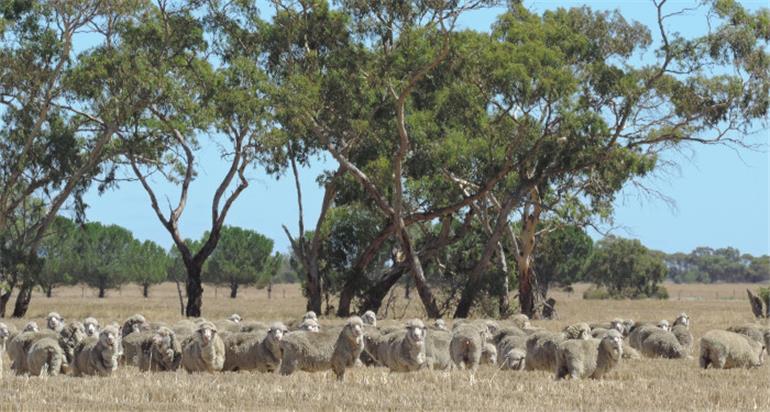Here's a rather disconcerting interview from Australia's ABC Radio program 'The Science Show' that examines the risks we are taking world wide by continuing to use vast quantities of antibiotics to raise livestock. "...it's estimated 80% of antibiotic sales in the US is for livestock. Here in Australia only a third of all antibiotics consumed are for humans, while 350 tonnes of the drugs go into stockfeed annually......Meanwhile 170 Australians die each week of untreatable bacterial sepsis the result of antibacterial resistance. " Perhaps half of these deaths could be prevented by better control of antibiotic use according to the article.
Bacterial sepsis is a serious risk for CLL patients, particularly if they are neutropenic, either from the CLL or from treatment for their CLL - it's a common side effect of chemotherapy.
Overview, with links to Audio Streaming, Downloadable Audio file and Transcript:
abc.net.au/radionational/pr...
Direct link to Transcript
abc.net.au/radionational/pr...
Having recently needed fluoroquinolone antibiotic treatment for a hand infection for which I was running out of antibiotic options and for which the prescribing doctor had to call for approval to issue the prescription, I was interested to find out that "We already had a huge ban on one particular type of antibiotic in food producing animals in Australia and that's fluoroquinolones. We are the only country that has initiated that they can't be used, that has given us a very, very favourable resistance profile."
Neil
